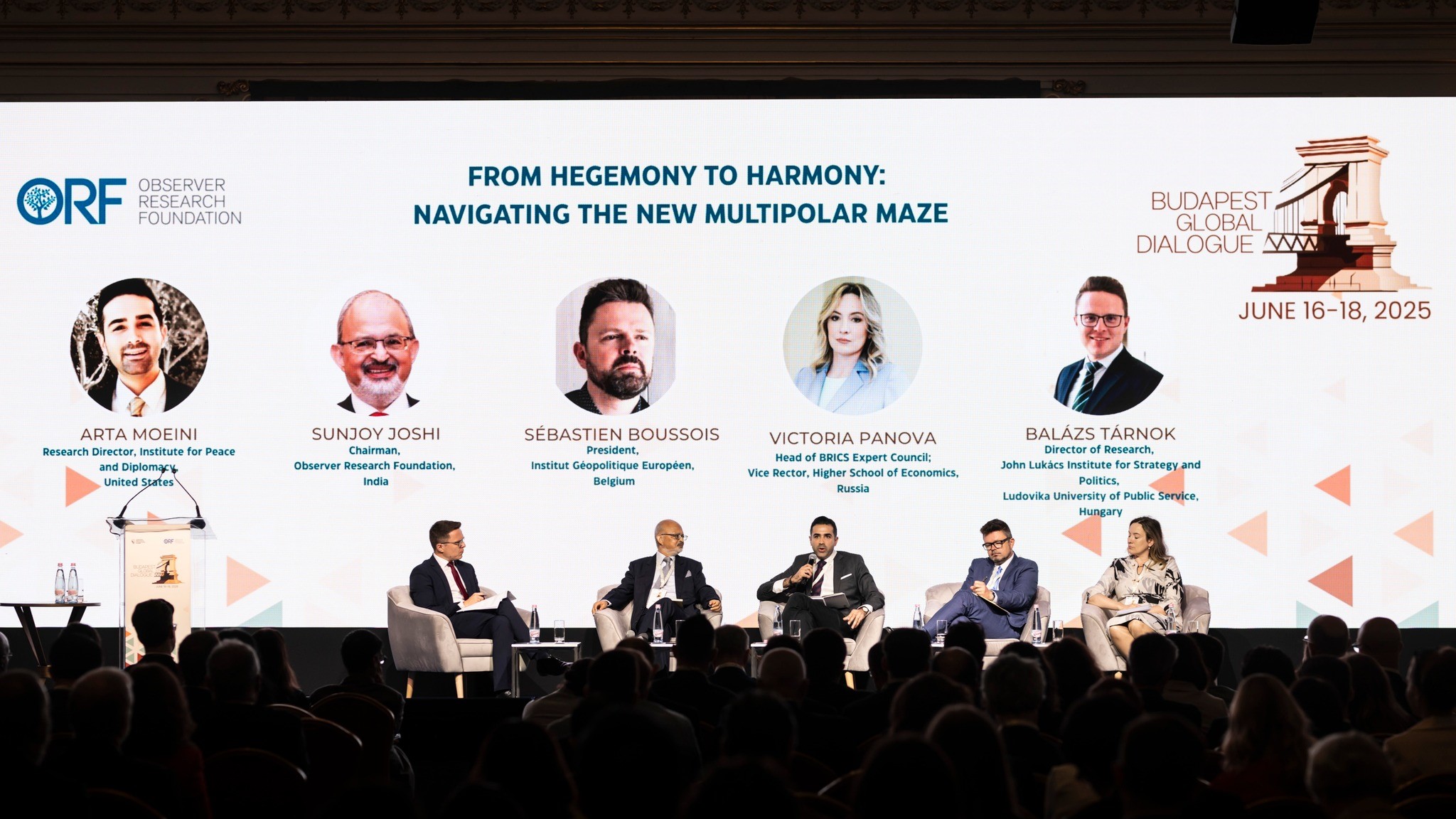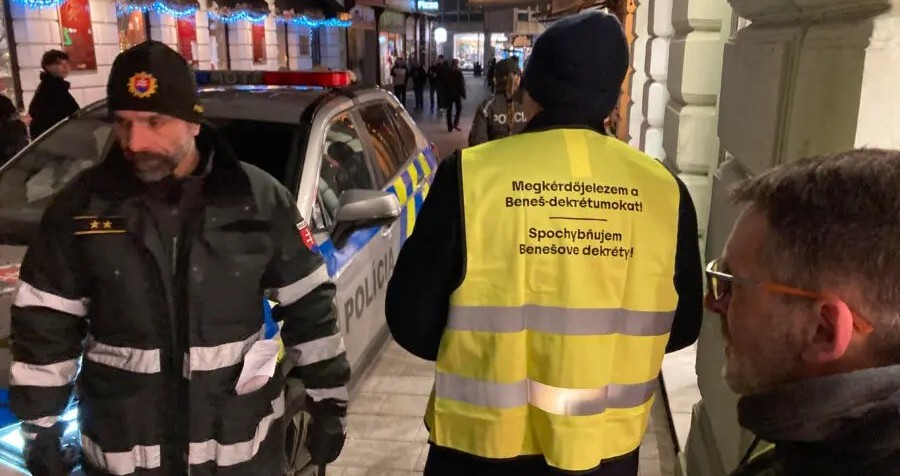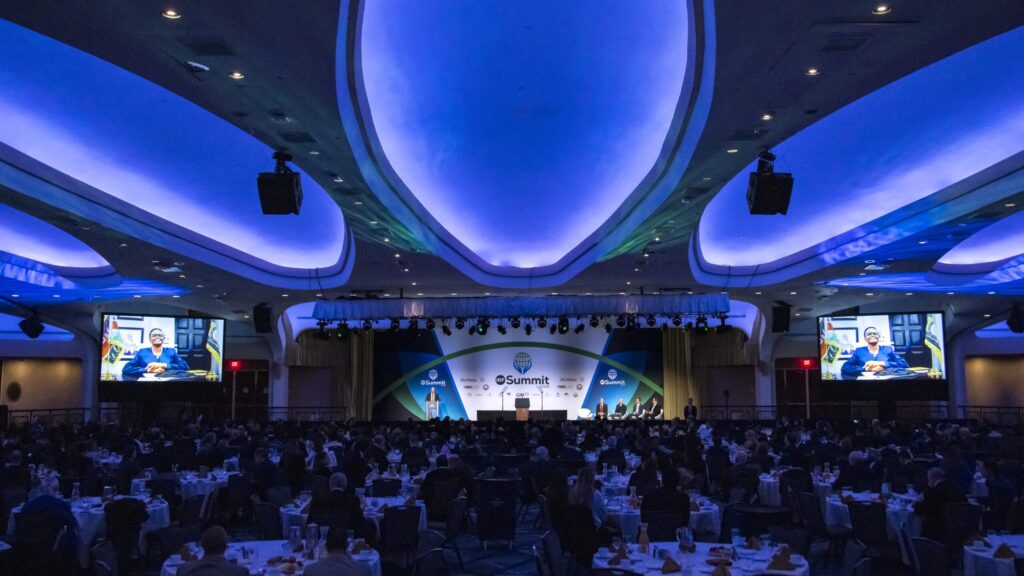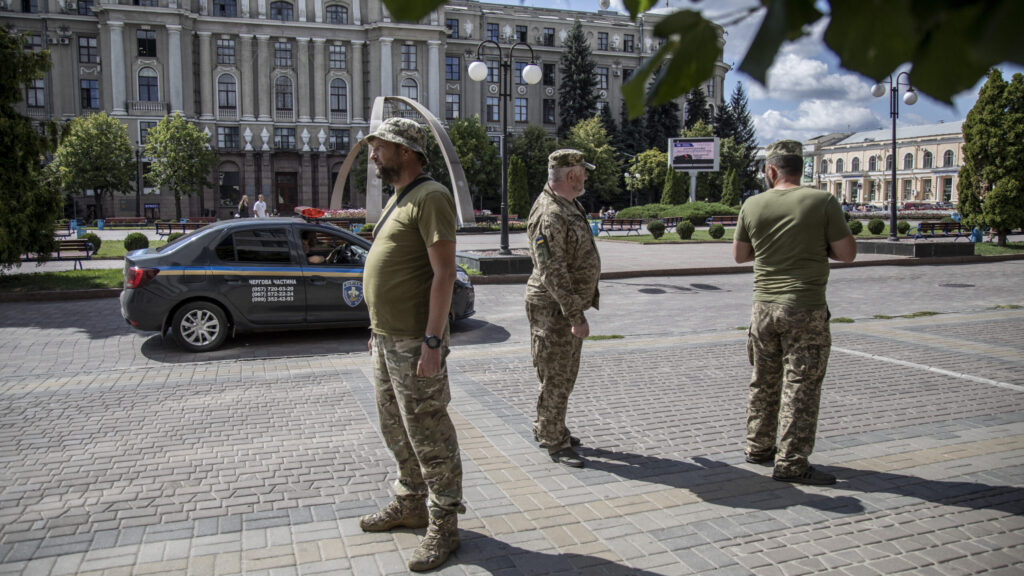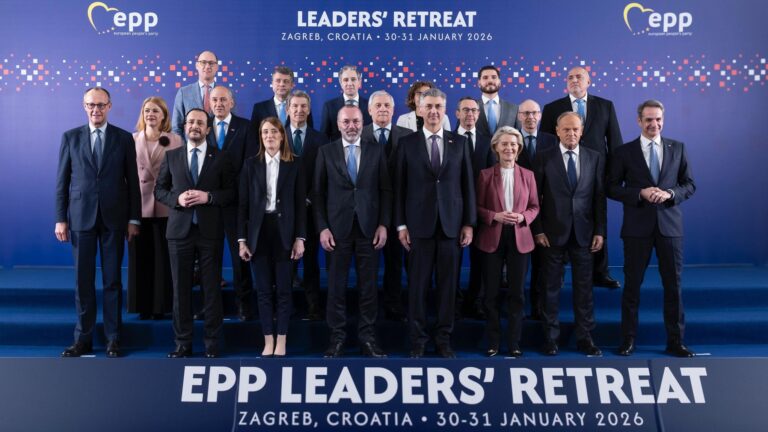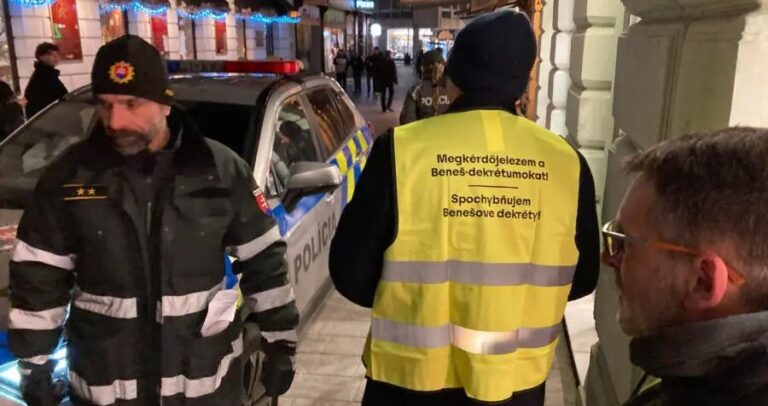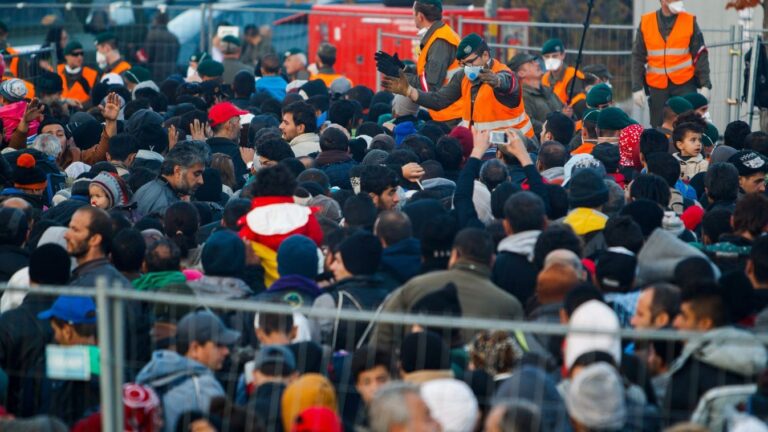On the second day of the Budapest Global Dialogue 2025, two major panel discussions brought sharp insight—and sharp warnings—about the future of international order. As global structures show visible cracks, panellists from across regions and disciplines outlined not only the challenges but also the opportunities of a world in transition.
Panel 1: Multipolarity or Multiplex Chaos?
Moderated by Director of Research at Ludovika University of Public Service Balázs Tárnok, the first panel featured Chairman of the Observer Research Foundation Sunjoy Joshi; , Research Director at the Institute for Peace and Diplomacy Arta Moeini; President of the Institut Géopolitique Européen Sébastien Boussois; and Head of BRICS Expert Council Victoria Panova. The session opened with the central question: Are we entering a multipolar world or simply moving toward two dominant blocs?
Joshi warned against both assumptions. ‘We’re not headed toward stability,’ he said, describing a painful and permanent unravelling of the post-WWII, rules-based order. Instead, he sees a ‘multimodal’ world where even politics has become transactional. For him, the fragmentation stems from structural issues—chiefly, that developed nations are now facing crises once associated with the Global South.
Moeini pushed the analysis further, arguing that we are witnessing the collapse of an ‘ahistorical’ order imposed after WWII. ‘We always talk in global terms,’ he said, ‘but we live in local circumstances.’ He called for a post-global, civilizational perspective to rebuild order based not on universal liberalism but on mutual understanding among distinct cultures and powers.
Boussois spoke of the return of the state and the fading relevance of international organizations. In his view, citizens increasingly expect answers from national governments, not global institutions. ‘Common sense and real politics are returning,’ he noted, suggesting this period of instability demands all countries become active agents rather than passive spectators.
‘BRICS is not about dictating…but listening—and not humiliating each other’
Panova turned to the rise of BRICS as a sign of a new geopolitical model. With over 30 nations expressing interest in joining and 10 partner states already onboard, she described the bloc as consensus-driven and respectful of national identity and history. ‘BRICS is not about dictating,’ she emphasized, ‘but listening—and not humiliating each other.’
When Tárnok asked about India’s role, Joshi was clear: India’s position is not one of comfort, but responsibility. ‘We don’t need to burn the house down,’ he said, ‘but we might have to evict a few absent landlords.’ India, he explained, seeks to rebalance, reorder, and rebound without becoming a bridge between West and Rest.
Other contributions challenged US strategic clarity, questioned the EU’s capacity for independent action, and explored BRICS as a stage for Russia’s alternative vision of global leadership.
Panel 2: Trade, Trust, and Globalization in Flux
Moderated by Founder and President of the Delphi Economic Forum Symeon G Tsomokos, the second panel included Andreas Schaal, Director of OECD Global Relations and Co-operation and Director of OECD Sherpa; Research Director at Oeconomus Research Foundation Szabolcs Pásztor; Senior Fellow at the Mansfield Foundation Shihoko Goto; Chief Executive Officer at the Institute of Economic Affairs Kwame Owino; Professor at the Jagiellonian University Emilian Kavalski; and again engaged the audience with probing reflections on the shape of the world economy.
Schaal dismissed the idea of a fully realized liberal order. ‘What we had was not a liberal order, but a journey toward one,’ he argued. Citing OECD data, he highlighted the uneven nature of global rules and the need for trust-based partnerships grounded not necessarily in shared values, but shared interests—particularly development.
Pásztor pointed to the global imbalance exposed by the so-called ‘elephant curve’ of globalization. Trade liberalization happened, but unevenly, and countries like Argentina have struggled to regain standing after being sidelined. He emphasized the need for real economic bridges, especially in labour and trade.
Goto identified three major global challenges: the lack of a clear advocate for the current order, fragmented action by middle powers, and the ambiguous role of the private sector. Multinational corporations, she argued, could act as stabilizers, but too often remain outside policy conversations.
Owino brought a critical African perspective, pointing out growing resentment among African nations toward the West and China alike. She argued that, while globalization brought some benefits, it also inflated prices and failed to support equitable growth. Attempts to copy EU-style integration, she warned, could be disastrous for Africa.
Kavalski coined the term ‘multiplex world’, describing a geopolitical landscape with many simultaneous and overlapping orders. Drawing historical parallels with US–Japan tensions in the 1980s, he cautioned against overreacting to economic shifts. ‘Sometimes the scariest scenarios are less dangerous than they appear,’ he said.
‘Nations are seeking new frameworks that reflect the realities of a more fragmented and culturally diverse international system’
Schaal concluded the session by emphasizing that the challenge ahead is not to stop globalization, but to reshape it—so that it works for most people and doesn’t destroy the planet. ‘Globalization is complex,’ he said. ‘Just look at an iPhone: made in China, but built by 23 countries.’
The consensus across both panels was clear: the world is not simply shifting power—it is rethinking the very logic of power, cooperation, and development. Whether through BRICS, strategic trade, or civilizational diplomacy, nations are seeking new frameworks that reflect the realities of a more fragmented and culturally diverse international system.
The Budapest Global Dialogue 2025 thus served not as a call to restore the old order, but as a platform for designing a new one—tentatively, carefully, but deliberately.
More from the event:

